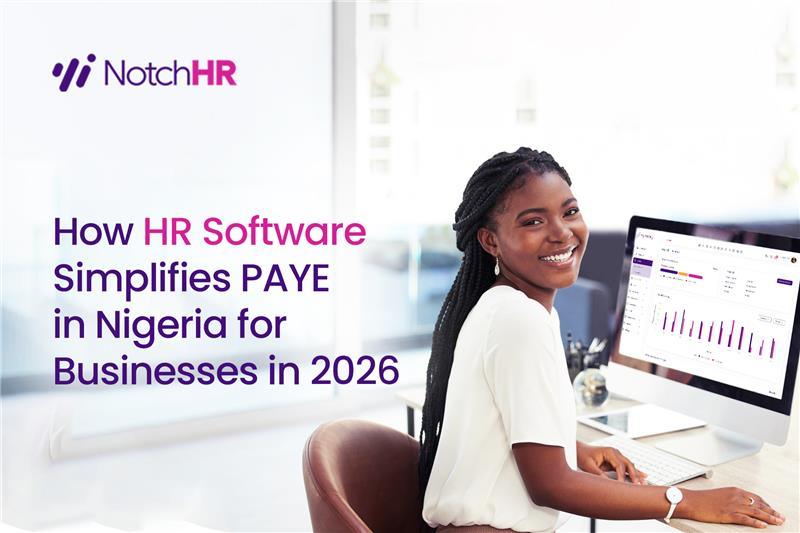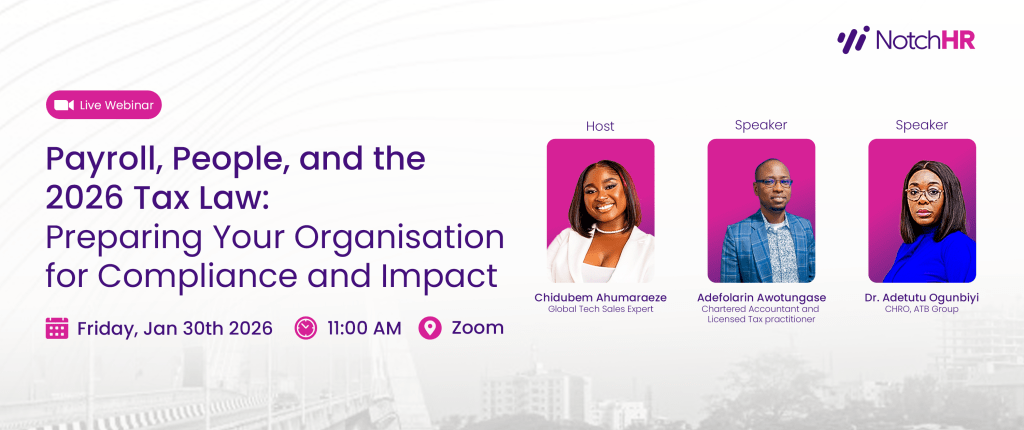Performance review (appraisal) is like heavy traffic – everyone dreads them, but they are almost impossible to avoid. Just as you may occasionally need to endure traffic if you want to get anywhere, you also have to go through performance appraisals if you want to move forward as a company. And as an HR manager, you have the unenviable task of ensuring that these appraisals run smoothly and are productive.
Performance review is an essential aspect of an organization’s performance management strategy. It is a personalized, two-way discussion between management and an employee concerning the employee’s development, performance impact, and growth.
Note that, performance review is usually done by different people, including the line manager, supervisor, and, of course, the HR manager. This typically depends on company culture or style. But irrespective of who does it, the HR manager is almost always involved. That said, this post focuses mainly on performance appraisal as conducted by the HR manager, but there are lessons for everybody.
The performance review process ensures that employees’ strengths are fully harnessed to achieve the company’s objectives. Areas of development are also identified and addressed to improve overall employee performance. This process allows both the manager and employee to gain an understanding of each other’s expectations, goals, and the necessary actions required to improve the employee’s effectiveness. When done properly, performance appraisal can drive employee engagement, increase retention rates, and foster a more productive and healthy work environment.
According to Psychological Bulletin, 30% of performance reviews end up decreasing employee performance. But how can you make sure your performance review is done correctly? How do you ensure it hits the mark, without causing negative ripple effects? These 8 tips will help you answer those questions:

1. Be prepared
Adequate preparation for performance review cannot be overemphasized. Some HR managers make the mistake of assuming only the employees need to prepare properly. That’s not true. As the HR, it’s important that you also prepare ahead and know what to expect.
Do your homework and come prepared with notes and data to back up your feedback. Awkward pauses and uncomfortable silences are not necessary. Get your thoughts and materials organized and lead the appraisal appropriately.
2. Set clear performance goals
When it comes to performance review, setting clear and measurable goals is critical to ensuring that your employees understand what’s expected of them.
Goals provide a roadmap for both the employee and the manager to evaluate progress and determine success. Doing a performance review without goals is like trying to drive a car blindfolded – you may get there eventually, but it won’t be pretty. Scratch that, you actually won’t make it to your destination.
So, work with your employees to define clear, specific, and realistic goals that are aligned with the company’s objectives. Encourage open communication, and regularly check in to provide feedback and make any necessary adjustments. With clear goals and effective communication, your performance review process will be smooth and hitch-free.
3. Provide regular feedback
As an HR manager, providing regular feedback is a crucial part of the performance review process. Without constructive feedback, you leave employees hanging in the dark about their progress and how they can improve.
Make sure to provide feedback to employees so they know exactly how they are performing. Note that this does not mean you focus on the negative only – remember to recognize and celebrate successes as well.
By the way, feedback doesn’t have to happen during appraisal only. No one wants to be caught off guard, especially not the employee who thought they were doing a great job. If you only give feedback during appraisals, that means your employees only get to know your thoughts very few times through the year. That’s not good enough.
Make feedback a regular part of your conversations with employees, and use it to identify areas where they can improve and grow. With consistent feedback, your employees will constantly evolve and get better, resulting in overall business growth!
4. Encourage self-assessment
Self-assessment allows employees to reflect on their own strengths and weaknesses and take ownership of their development.
Think of it as encouraging your employees to be their own Sherlock Holmes – they can seek out areas where they excel and identify where they need to improve.
Encourage employees to reflect on their own performance and give them the tools they need to assess themselves honestly. This can be as simple as providing a self-assessment form or a list of questions to guide their thinking.
Remember to give employees the space to reflect and be honest with themselves – after all, it’s hard to grow if you’re not willing to see your own shortcomings.
5. Be transparent and fair
When it comes to performance review, employees need to feel that they are being evaluated on a level playing field, without bias or hidden agendas.
Think of transparency and fairness like a referee in a sports match – their job is to make sure that everyone plays by the rules and that the score is fair.
To ensure transparency and fairness in your performance review process, make sure that the criteria for evaluation are clear and consistent. Provide examples of what success looks like, and give employees the opportunity to ask questions and provide their own input.
With transparency and fairness, your employees will be confident in the appraisal process and motivated to achieve their goals.

6. Use the appraisal to drive employee development
The performance review process can be a powerful tool for driving employee development. When done right, it can help employees set and achieve meaningful goals, develop new skills, and grow in their roles.
Here, you can liken a performance review to a roadmap – it can help guide employees to where they want to be and provide the support they need to get there. To use the appraisal process to drive employee development, encourage employees to set realistic and challenging goals that align with the organization’s mission and vision.
Also, provide support and resources, such as training and mentorship opportunities, to help employees reach their goals. Finally, make sure to follow up regularly throughout the year to monitor progress and adjust goals as needed. With the appraisal process as a guide, your employees will be motivated to grow and develop in their roles, ultimately benefiting the organization as a whole.
7. Reflect on the past, but focus on the future
Performance appraisals should not be limited to a review of an employee’s past performance. While it’s important to reflect on past successes and areas that need improvement, it is more important to focus on future growth and development.
The appraisal process is an opportunity to identify and discuss future career goals, set new objectives, and define strategies for achieving them. Employees should be encouraged to think beyond their current role and identify areas where they can contribute to the organization’s success.
As an HR manager, you can facilitate this process by providing guidance and support in developing an employee’s individual development plan. This will help employees gain clarity on their role in the organization and increase their motivation and engagement. By reflecting on the past but focusing on the future during a performance appraisal, employees can set themselves up for success and growth in their careers.
8. Listen!
Performance review is a two-way street; so don’t just talk the talk, but also listen up! You can learn a lot by simply listening to your employees, instead of hogging the mic. Of course, ask follow-up questions to get the full story.
And, let’s not forget about emotional intelligence. It’s not rocket science. Understand the feelings of the other person and try to keep your own emotions in check. As a leader, helping them navigate through their emotions, be it fear or anxiety, will help you get the best out of the meeting.
Lastly, participation in the conversation doesn’t always mean sharing your point of view. After an employee shares their feedback, repeat what you heard. This way, you can make sure you understood what they said and avoid any mix-ups. If you spend your time thinking about your response instead of listening, then you’re missing out on the whole point of the conversation.

Conclusion
Companies can’t grow with their employees without performance appraisals. It is the responsibility of the HR manager to ensure that the appraisal process is carried out efficiently to achieve optimal results.
Optimize your performance appraisal process with these 8 tips, and enable it to become a constructive and rewarding experience that drives employee engagement and fosters a more productive and healthy work environment. Make it your priority to apply these tips in your performance appraisal process, and witness the remarkable transformation that they will bring to your organization.
Finally, managing HR processes is crucial to the success of any business. By automating these processes, companies can save time and resources while ensuring accuracy and compliance. NotchHR is a free, comprehensive HR management system that streamlines everything from payroll, appraisal, and leave management, among others.
If you’re looking to simplify your HR processes and reduce administrative burdens, we highly recommend giving NotchHR a try. Sign up for free today and see how our platform can help you take your HR operations to the next level.


